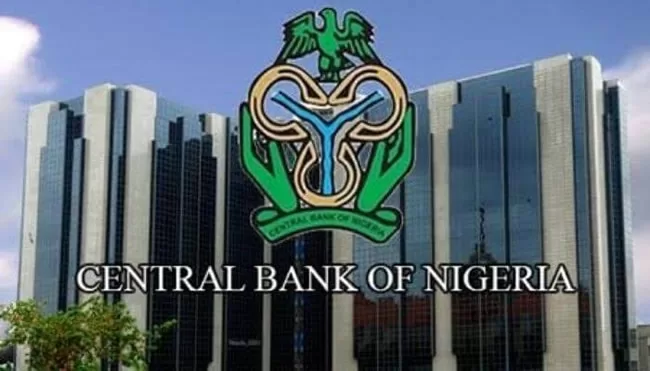On Friday, the Central Bank of Nigeria (CBN) lifted the restriction on banks, enabling them to facilitate crypto transactions.
The CBN disclosed this information through a circular sent to banks and other financial institutions.
The decision to lift the ban was attributed to the recognition of the need to regulate virtual assets service providers (VASPs), including cryptocurrencies and crypto assets, in alignment with current global trends.
The CBN further stated that Section 30 of the Money Laundering Act of 2022 now officially acknowledges VASPs as part of financial institutions.
Banks can now facilitate crypto transactions, but they still cannot hold, trade, or transact in virtual currencies using their own accounts.
In February 2021, the Central Bank of Nigeria (CBN) imposed the initial ban on financial institutions from operating accounts for cryptocurrency service providers.
This was due to concerns about money laundering, terrorism financing risks, and the absence of regulations and consumer protection measures in their operations.
At that time, authorities warned of severe penalties for non-compliance, which led to the closure of accounts operated by crypto businesses.
Despite the previous ban, Nigeria maintained its leading position globally in terms of cryptocurrency usage, ownership, and awareness.
Also read: Nigeria Awards AI Research Grants to 45 Startups and Researchers
Guidelines for Banking and Crypto Operations
The guidelines issued by the CBN outline strict measures for financial institutions in their banking relationships with VASPs in Nigeria.
Financial institutions, including banks, must not allow the operation of any account for virtual/digital assets business.
This is unless they specifically designate the account for that purpose.
Additionally, such accounts do not allow cash withdrawals, and they do not clear third-party checks.
A Manager’s cheque is the only permissible method for withdrawals.
Furthermore, settlements of virtual/digital assets transactions must be conducted through transferring funds to designated accounts.
Prior to eligibility for opening a bank account, VASPs must undergo rigorous Know Your Customer (KYC) measures.
Moreover, crypto companies seeking to use banking services must obtain a license from the Securities and Exchange Commission (SEC).
SEC stipulates that VASPs, including crypto exchanges, must meet a minimum paid-up capital requirement of ₦500 million ($553,000).
They should also complete proper registration with the Corporate Affairs Commission (CAC).

